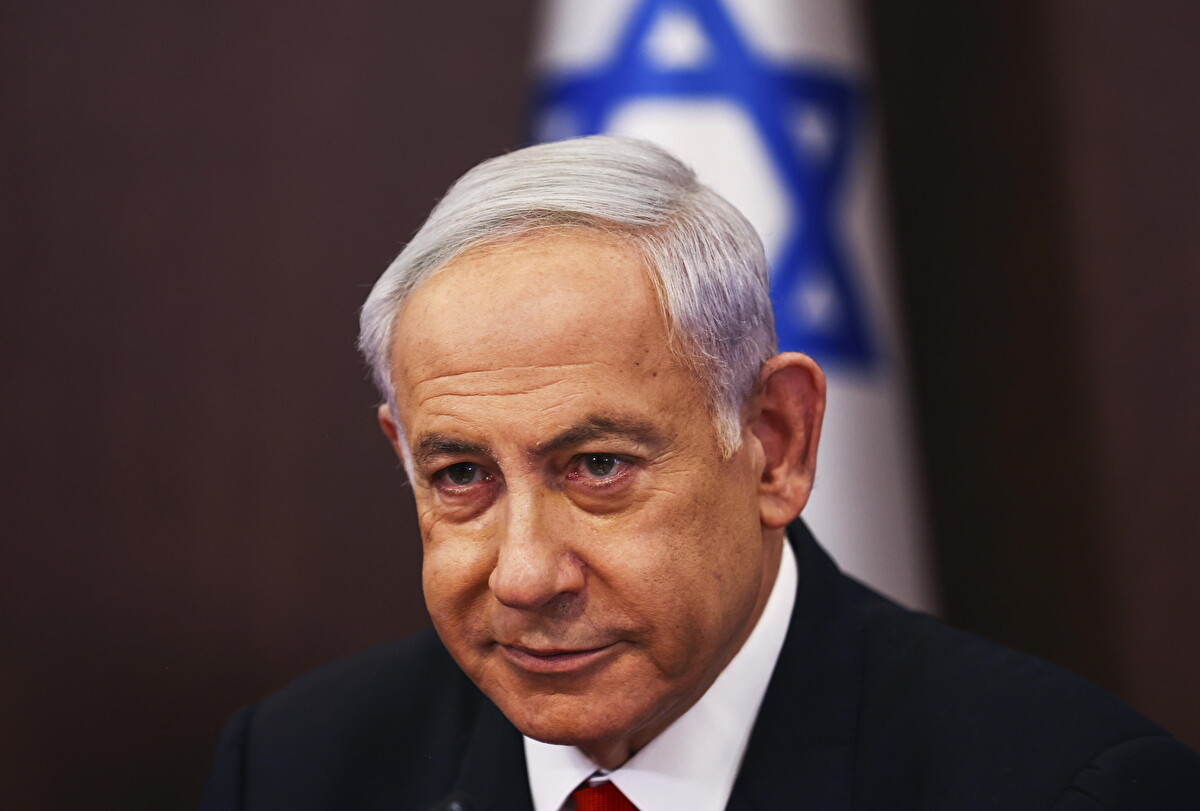Doctors in Israel held a strike Wednesday to protest Prime Minister Benjamin Netanyahu’s plan to overhaul the country’s judiciary.
The recent protests all across Israel against the Prime Minister’s planned reform have now reached deep in the medical profession as doctors wearing scrubs and holding signs saying, “We are the wall shielding democracy,” gathered outside Ichilov hospital in Tel Aviv. This two-hour strike was meant only as a warning, but medical leaders warned they will take more severe measures if Netanyahu’s government — the most right-wing and repressive in Israel’s 75-year history — moves forward with a bill to limit the judiciary’s oversight powers which could become law as soon as next week.
The protests have escalated to the point where stores, restaurants and the biggest airport in Israel were closing their doors on Monday. Tens of thousands – perhaps hundreds of thousands – of people filled the streets in Jerusalem, Tel Aviv and elsewhere. The country’s biggest union, Histadrut, announced on Monday that it would begin a “historic” strike, with most of its 800,000 members stopping work in protest of Netanyahu’s reform plan.
Netanyahu’s hardline nationalist government proposed a judicial reform plan that some see as a consolidation of power, with parliament increasing its oversight of the court system. Protesters representing a wide cross section of Israeli society say the plan is a power grab by Netanyahu and his ultranationalist and ultra-Orthodox allies that will destroy the country’s fragile system of checks and balances. Others see it as a strategic move meant to ease his personal legal troubles by modifying the laws and as an attempt to subvert the legal system.

Netanyahu is charged with fraud, breach of trust and accepting bribes in three separate scandals involving powerful media moguls and wealthy associates. He denies wrongdoing. The changes would allow lawmakers at the Knesset – Israel’s parliament – to override many decisions made by the country’s Supreme Court. It would also give ruling lawmakers more control over appointments to the high court.
The doctors say the plan will endanger public health by granting Netanyahu and his allies greater control over the country’s health care system.
In a letter to Netanyahu on Tuesday, Dr. Zion Hagay, chairman of Israel’s Medical Association, said the bill would lessen the judiciary’s ability to strike down inappropriate appointments to the health care system.
“As someone who once served as health minister, you are undoubtedly aware of the extensive professional powers held by the politicians within the health care system,” he wrote in the letter. “These powers include the appointment of district psychiatrists, district doctors, and various other positions, as well as the authority to make significant decisions regarding infectious diseases, epidemics, clinic and hospital closures, service privatization, and more.”
The doctors’ strike Wednesday was the first by a workers’ organization since Netanyahu announced last month that the overhaul would move forward.
Emergency rooms were still open on Wednesday and oncology and fertility treatments remained available, said Dr. Hagai Levine, chairman of the Israeli Association of Public Health Physicians.
The Israel Medical Association will meet on Friday decide on further measures, Levine said.
“If the government continues with the legislation, then the Israel Medical Association will take more severe steps, meaning a more severe strike,” he said.
The overhaul consists of a series of measures that Netanyahu and his allies say are needed to rein in the powers of an unelected judiciary that they believe is overly interventionist in government decisions.












